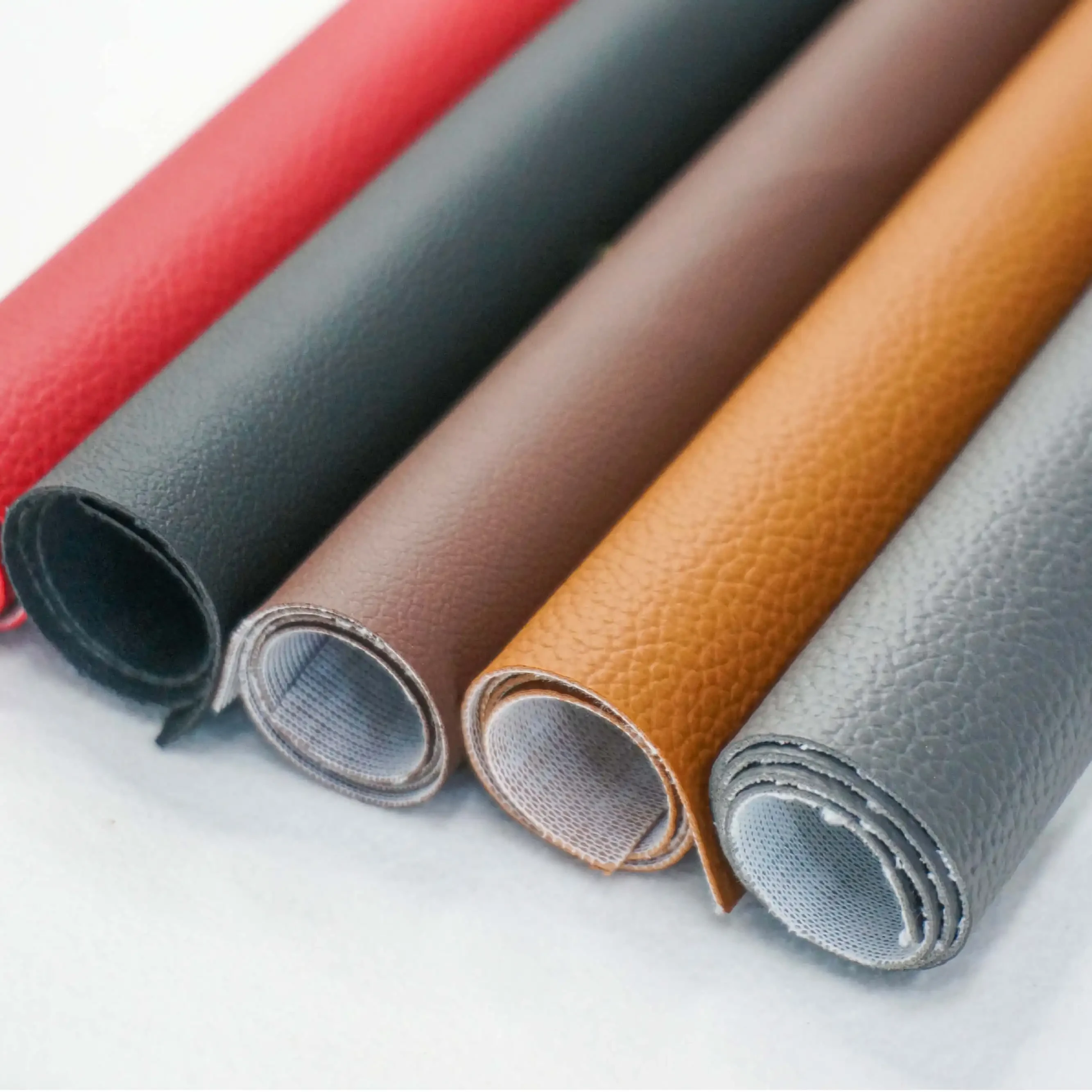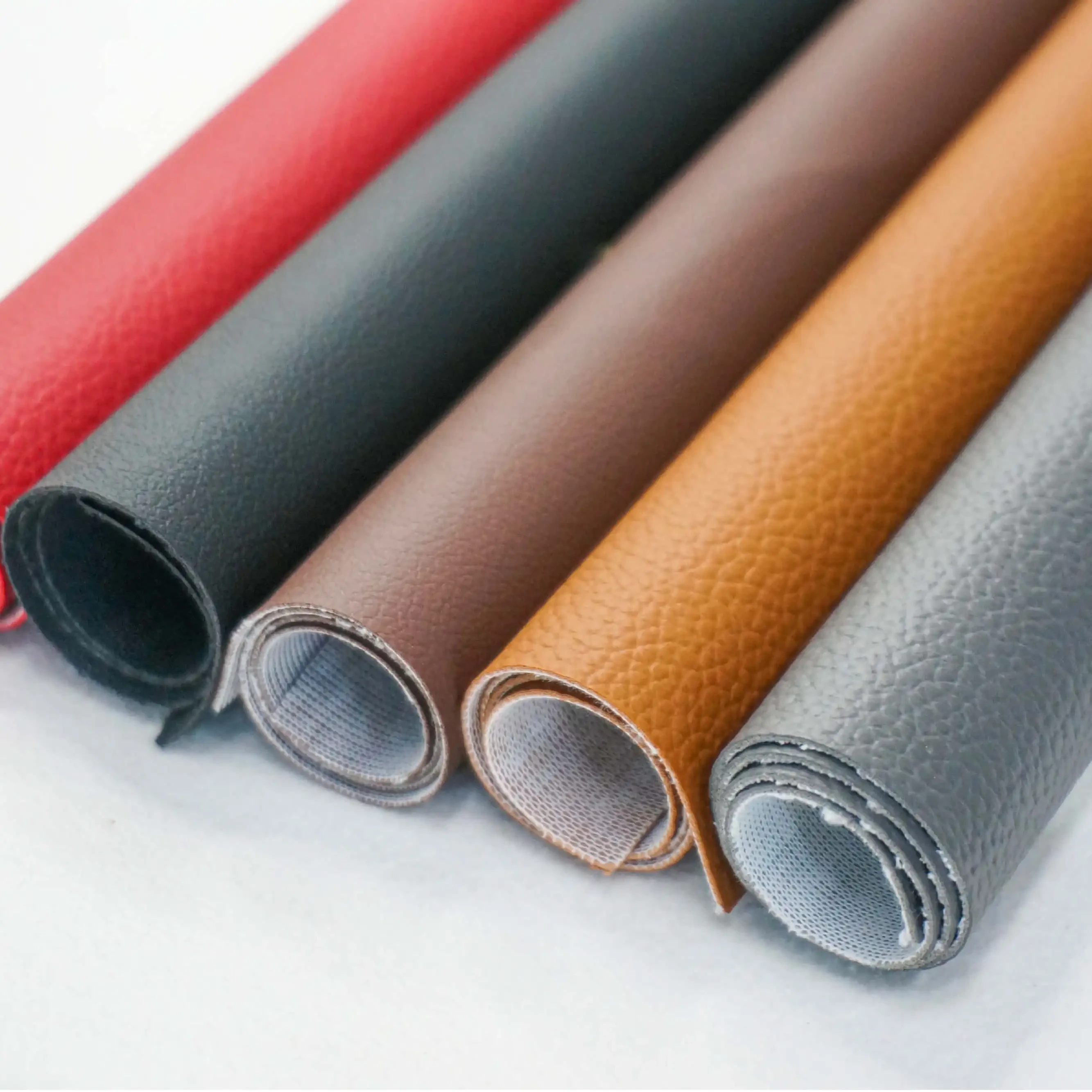Email format error
Email cannot be empty
Email already exists
6-20 characters(letters plus numbers only)
The password is inconsistent
Email format error
Email cannot be empty
Email does not exist
6-20 characters(letters plus numbers only)
The password is inconsistent

News

Leather Fabric Suppliers: Your Ultimate Guide to Finding Quality Materials
The leather industry has seen a significant transformation in recent years. From traditional animal hides to innovative synthetic options, the range of materials available today is vast. This blog post aims to guide you through the process of finding the best leather fabric suppliers, highlighting the key considerations and trends in the industry. Whether you are a designer, manufacturer, or DIY enthusiast, understanding the landscape of leather fabric suppliers can help you make informed decisions and ensure the quality of your products.
Understanding Leather Fabrics
Before diving into the specifics of suppliers, it's essential to understand the different types of leather fabrics available. Leather fabrics can broadly be classified into genuine leather and synthetic leather. Genuine leather is derived from animal hides, while synthetic leather is made from various man-made materials designed to mimic the look and feel of real leather.
Genuine Leather
Genuine leather is prized for its durability, natural appearance, and unique characteristics. It is often used in high-end fashion, upholstery, and automotive interiors. The quality of genuine leather depends on the animal hide, tanning process, and finishing techniques used.
Synthetic Leather
Synthetic leather, also known as faux leather, offers a more affordable and versatile alternative to genuine leather. These materials are designed to replicate the appearance and texture of real leather while providing additional benefits such as improved durability, resistance to stains, and ease of maintenance.
Key Considerations When Choosing Leather Fabric Suppliers
Selecting the right leather fabric supplier is crucial for ensuring the quality and performance of your products. Here are some key considerations to keep in mind:
Quality of Materials
The quality of leather fabric is paramount. Ensure that the supplier offers high-quality materials that meet your specific requirements. For genuine leather, this includes the grade of the hide and the tanning process. For synthetic leather, consider the composition and finish of the material.
Range of Products
A good supplier should offer a wide range of leather fabrics to cater to different needs. This includes various types of genuine leather as well as synthetic options. Having a diverse selection allows you to choose the best material for your application.
Customization Options
Customization is an essential factor, especially for businesses that require specific colors, textures, or finishes. Look for suppliers that offer customization options to ensure that the leather fabric aligns with your design and branding needs.
Sustainability and Ethics
With increasing awareness of environmental and ethical issues, it's important to choose suppliers committed to sustainable and ethical practices. This includes responsible sourcing of raw materials, eco-friendly manufacturing processes, and fair labor practices.
Reliability and Reputation
The reliability and reputation of the supplier are critical. Look for suppliers with a proven track record of delivering high-quality products on time. Customer reviews and testimonials can provide valuable insights into the supplier's reliability and customer service.
Pricing and Payment Terms
While cost should not be the only factor, it's important to consider pricing and payment terms. Compare prices from different suppliers to ensure you are getting a fair deal. Also, check the payment terms and conditions to avoid any surprises later on.
Top Leather Fabric Suppliers to Consider
To help you get started, here are some of the top leather fabric suppliers known for their quality products and excellent service:
1. ABC Leather Co.
ABC Leather Co. is renowned for its extensive range of high-quality genuine leather and synthetic leather fabrics. They offer customization options and are committed to sustainable practices. Their products are widely used in fashion, automotive, and interior design industries.
2. XYZ Synthetic Fabrics
Specializing in synthetic leather, XYZ Synthetic Fabrics provides top-notch PVC synthetic leather fabric and microfiber faux leather fabric. Their materials are known for their durability, versatility, and realistic appearance. They cater to a wide range of applications, including upholstery and fashion accessories.
3. Leather World
Leather World is a leading supplier of both genuine and synthetic leather fabrics. They offer a diverse selection of materials and are known for their excellent customer service. Their commitment to quality and innovation makes them a preferred choice for many designers and manufacturers.
Trends in the Leather Fabric Industry
The leather fabric industry is constantly evolving, with new trends emerging that influence the types of materials used and the way they are produced. Here are some of the latest trends to watch:
Sustainable Leather
Sustainability is a major trend in the leather industry. Many suppliers are now focusing on eco-friendly materials and processes, such as vegetable-tanned leather and recycled synthetic leather. These sustainable options reduce the environmental impact and appeal to environmentally conscious consumers.
Innovative Synthetic Leathers
Advancements in technology have led to the development of innovative synthetic leathers that closely mimic the properties of genuine leather. For instance, microfiber faux leather fabric offers a similar texture and durability to real leather while being more affordable and easier to maintain.
Customization and Personalization
Customization is becoming increasingly important, with many suppliers offering personalized options to meet the specific needs of their clients. This includes custom colors, textures, and finishes, allowing brands to create unique products that stand out in the market.
Ethical Sourcing
Consumers are becoming more aware of ethical issues related to leather production. As a result, there is a growing demand for ethically sourced leather fabrics. Suppliers are responding by ensuring fair labor practices and transparency in their supply chains.
Tips for Working with Leather Fabric Suppliers
Building a good relationship with your leather fabric supplier can lead to better outcomes for your projects. Here are some tips to help you work effectively with suppliers:
Communicate Clearly
Clear communication is key to ensuring that your requirements are understood and met. Provide detailed specifications and be open to discussing any concerns or questions with your supplier.
Request Samples
Before making a large order, request samples of the leather fabrics you are interested in. This allows you to evaluate the quality and suitability of the material for your needs.
Establish Long-Term Partnerships
Developing long-term partnerships with reliable suppliers can lead to better pricing, priority service, and access to new products. Invest time in building and maintaining these relationships.
Stay Updated on Industry Trends
Keep yourself informed about the latest trends and developments in the leather fabric industry. This knowledge can help you make better decisions and stay ahead of the competition.
Conclusion
Finding the right leather fabric supplier is crucial for ensuring the quality and success of your products. By considering factors such as material quality, range of products, customization options, sustainability, and supplier reliability, you can make informed decisions that align with your needs and values. Stay updated on industry trends and build strong relationships with your suppliers to enhance your business's growth and innovation. Whether you are looking for genuine leather or synthetic options, the right supplier can make all the difference.

